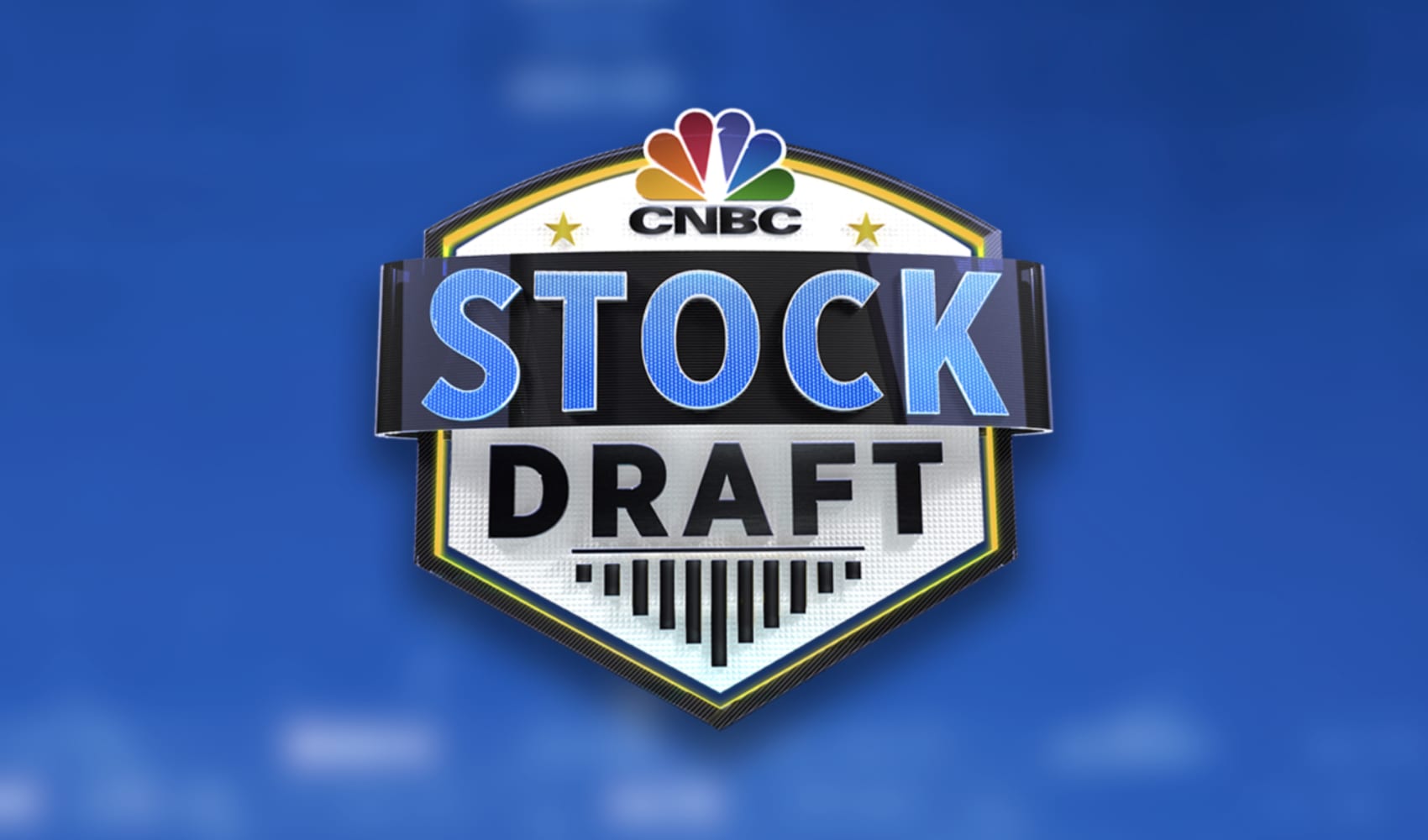
After more than a year of record turnover, recruiters are going to extreme lengths and working as fast as ever to scoop up candidates.
But there is such a thing as getting a job offer too fast, recruiters say, and it can make the talent crunch even worse. One survey from the Muse found 72% of young job-seekers have felt a sense of surprise or regret that a new job wasn't what they expected it to be, and roughly 60% say they would quit within six months if a new job didn't live up to their expectations.
Angela Copeland, senior vice president of marketing for Recruiter.com, says candidates hold a lot of power in today's market, and they shouldn't feel pressured to accept anything before they're ready.
"If a company comes to you and decides almost immediately you're the right person and offers you the job, as exciting as it is, you're not being given the opportunity to get to know the company over time," Copeland says.
Get a weekly recap of the latest San Francisco Bay Area housing news. Sign up for NBC Bay Area’s Housing Deconstructed newsletter.
Here are five tell-tale signs you've gotten a job offer too fast, and what you can do to make a more informed decision.
You've only spoken with the recruiter
Remember that as a job-seeker, you should be interviewing the company just as they're interviewing you. Crystal Brown-Tatum, an HR director in Dallas, says that it's a big red flag if the recruiter speeds through an initial interview and offers you a role without speaking to more people on the team.
Money Report
At minimum, you should have a conversation the person who will be directly managing you, Brown-Tatum says — even better, it's good to hear from a handful of leaders and peers at the company. "The HR person is hiring you because they have goals to meet," she says. "But you have to understand who you're actually going to be working with."
You could also connect with people at the company on your own. Shanyce Stewart, 30, did this while interviewing for a new tech job she'll do remotely from Long Island, New York. She says she wanted an "honest conversation" about what it's like to work there as a minority (Stewart is Black), as well as to get feedback as she moved through five rounds of interviews.
"Being that the position will be remote, creating this relationship will now allow me to have an additional person to speak to throughout my journey that's not specifically a team member," Stewart adds.
You haven't stepped foot in the office
More companies are hiring people remotely with the expectation that they'll come into the office every now and then in the future, Brown-Tatum says. If that's the case, make sure you've visited the workplace in-person to get a feel for the environment and how you feel there.
For example, Brown-Tatum once visited an office that cut its janitorial staff at the height of the pandemic. Brown-Tatum never would have known if she hadn't visited the location and seen the level of upkeep, or lack thereof, for herself.
If you're not in the same city as the office, Copeland says you can see if they'll fly you out for for a meeting. Or you could ask to see the space in a virtual tour.
You haven't seen an offer in writing
Brown-Tatum says it's bad form if you're expected to decide on a verbal offer before getting it in writing. If this happens, thank the hiring manager for the offer and say you're excited to see the total compensation package in writing before you get back to them.
It should go beyond stating your base pay, too, she says. Ask for a full rundown of employer-sponsored benefits like your retirement options, health insurance coverage and the paid time off policy.
You haven't discussed what you need to make a career change
Recruiters are casting a wider net by relaxing their requirements around education, location and years of experience, says Pete Lamson, CEO of Employ. It actually makes it a pretty good time to change industries.
But, you'll want to hear that the company understands what you might need to transition to a new role, like by detailing a 90-day onboarding plan or offering to cover the cost of your certifications or other career development trainings. If that's not clear to you at the offer stage, you have more to discuss before accepting an offer.
You notice hiring shortcuts
Usually at the offer stage, the recruiter will also explain what else goes into the final stages of hiring, like completing a background check or gathering documents for your I-9 employment verification.
It could be a bad sign if you notice these steps are missing from your conversation, Brown-Tatum says: "People want to hire immediately, but you can't circumvent HR or onboarding compliance. You still have to go through the right process."
Ultimately, Copeland encourages job-seekers to trust their gut to determine if an offer has come too fast. Candidates should ask themselves: How would I feel if I lost this opportunity?
If you'd kick yourself for not giving it a shot, it might be time to go into negotiations. But if you're indifferent about the opportunity and wouldn't be upset if it went away, you might feel more comfortable pushing for more information, interviews or time to think it over.
You should think about your personal risk tolerance as well, Copeland says. If you're supporting a family and trying to pay off debt or save for a house, you might not want to jump into a job you're not entirely sure about. But if you're on your own and OK with trying something different that comes with a big pay raise and shiny perks, it could be a risk you're willing and excited to take.
Check out:
Tripled salaries, big bonuses, on-the-spot offers: Recruiters are going to extreme lengths to hire
The newest perk for restaurant workers? A therapist on staff
Sign up now: Get smarter about your money and career with our weekly newsletter






